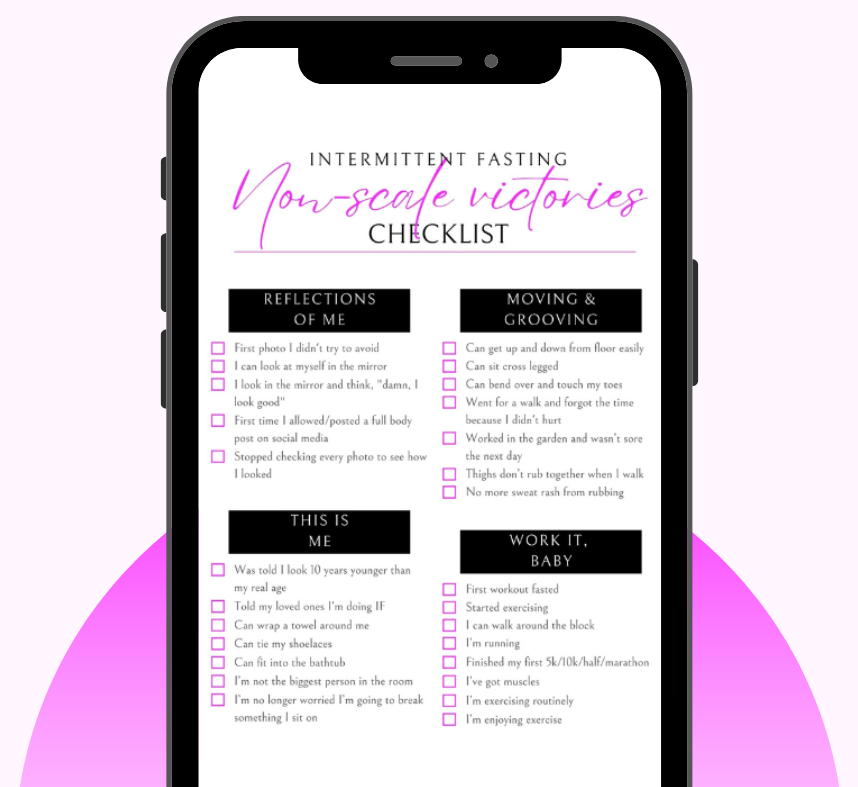Your cart is currently empty!
How intermittent fasting can help you manage stress (and vice versa)

There’s a common concern in the health and wellness community: is intermittent fasting stressful for the body? The answer is yes, at least in the beginning, as your body adjusts to this new lifestyle. This initial stress response, however, is not something to fear. Short-term stress in the absence of chronic stress can be beneficial. It can boost focus, alertness, and motivation, allowing us to perform better under pressure.
Stress as a whole is often viewed negatively. This stems from the harmful effects of long-term stress, where we’re under constant pressure with no time to recover. It’s important, though, to understand that the stress response is a natural and helpful mechanism meant to help us through hard times.
Understanding how stress impacts weight involves recognizing how two seemingly opposing hormones work together: insulin and cortisol. Insulin acts as the body’s “storage manager,” moving sugar (glucose) out of the bloodstream and into cells for energy. Cortisol is known as the “stress hormone” and moves glucose back into the blood stream for quick energy when we face challenges. While their roles seem opposite, when it comes to weight gain, they’re closely linked.
During short-term stress, cortisol temporarily boosts blood sugar levels. When under chronic stress, cortisol levels stay high, keeping blood sugar elevated, making it hard for insulin to do its job. Cells become less responsive to insulin (insulin resistance) and struggle to absorb sugar effectively, leading to weight gain and other health issues.
Future chronic stress responses is exactly what intermittent fasting helps us combat. While intermittent fasting initially triggers a stress response, it’s a controlled and temporary one which introduces a mild stress to the body which makes our cells adapt and strengthen.
This process is similar to how muscles and the cardiovascular system become stronger with exercise. It enhances your body’s healing processes, improving its ability to handle future stressors. As long as we’re not already under chronic stress, intermittent fasting can actually help our bodies become more resilient to stress.
It’s the ongoing, relentless stress that brings about health problems, leading some to wrongly assume that all stress is inherently harmful. If you’re already experiencing chronic stress, your body might not react well to fasting until you’ve dealt with the underlying issues causing the stress.
Before you start intermittent fasting, try using these techniques to relieve chronic stress and the impact it’s having on your weight and health:
- Mindset correction: Recognizing and reframing negative thought patterns.
- Mind-body practices: Meditation, yoga, tai chi, and deep breathing.
- Exercise: Regular physical activity is a powerful stress reliever.
- Sleep: Prioritizing good sleep hygiene is essential for stress management.
- Socializing: Building strong social connections reduces feelings of isolation.
- Emotional Freedom Technique (EFT): Tapping on acupressure points can help release emotional blocks and reduce negative feelings associated with stress.
Remember, managing stress is an ongoing process. Finding a combination of strategies that work best for you is how you can work towards a stress-reduced life, and reap the full benefits of intermittent fasting.

Get your 180 non-scale victories checklist
Are you tired of feeling trapped by the numbers on the scale? It’s time to shift your focus and discover the victories that truly matter on your wellness journey.
